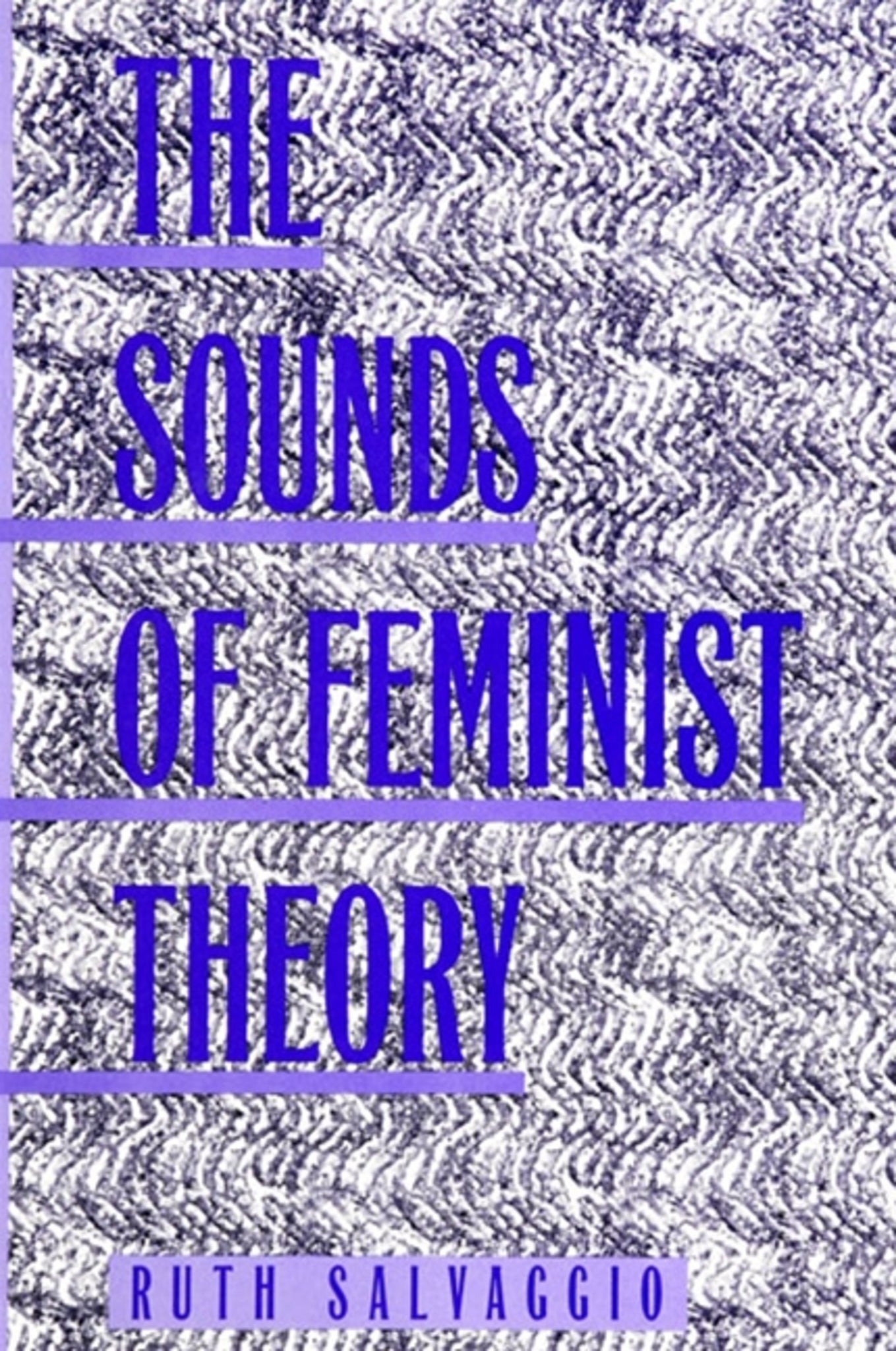We're sorry. An error has occurred
Please cancel or retry.
The Sounds of Feminist Theory

Some error occured while loading the Quick View. Please close the Quick View and try reloading the page.
Couldn't load pickup availability
- Format:
-
07 December 1998

Reads a wide range of contemporary feminist theorists to show how they invest in sound as a medium of critical thought.
In The Sounds of Feminist Theory, Ruth Salvaggio follows a distinctive turn toward the oral and evocative qualities of language in feminist theory. Questioning paradigms of female voice and varied feminist claims to language, she suggests that feminist theorists listen to the ways in which words mean more than they ostensibly signify, the ways in which language and epistemology-like sound-are mobile. She calls this theoretical project "Hearing the O," a process of listening for and seizing those wavering qualities of language that invite changes, often remarkable alterations, in how we think.
A range of contemporary feminist critical writers are discussed: Gloria Anzaldúa, Judith Butler, Hélène Cixous, Rachel Blau DuPlessis, Jane Flax, Susan Griffin, Donna Haraway, Luce Irigaray, Julia Kristeva, Elaine Pagels, Adrienne Rich, Eve Sedgwick, Joan Scott, Jane Tompkins, Trinh Minh-ha, and Patricia Williams. Their investment in the oral modulations of words marks not only a provocative engagement with the incommensurability of contemporary theory, but also a turn to the ambiguous and tangled qualities of language-"poetic literacy"-that generate an evocative epistemology.


"The author distinguishes her approach from the familiar feminist thematization of 'voice' (in opposition to silence) as a trope for agency, creativity, and empowerment, and distinguishes what she calls the 'O' from simple 'orality'—the 'O' being the marker for the ways in which something about orality—sonority, rhythm, physicality, etc.—is being deliberately used in written language in order to produce certain critical and transformative effects." — Patrocinio P. Schweickart, University of New Hampshire
"Salvaggio gives a wonderfully nuanced exposition of feminist critical discourse as both interdisciplinary and part of—a leader in—a larger theoretical discourse that has shaped the study of literature over the past twenty years. She provides one of the clearest discussions of the French critics (Kristeva, Irigaray, Cixous) that I have read, and a very nice summary of lesbian criticism and queer theory." — Susanne Woods, Franklin & Marshall College
"Salvaggio is identifying what may well be recognized twenty years from now as a major and permanent change in how we understand and articulate critical discourse." — Michelle A. Massé, Louisiana State University
Acknowledgments
Preface: Hearing the O: Is the motion of words like sound?
1. Vocal Critics
2. Narrative Resonance
3. Resounding Bodies
4. Queer Curves
5. Poetic Literacy
Epilogue: Cracking the O: Is the motion of sound like thought?
Notes
Works Cited
Index



